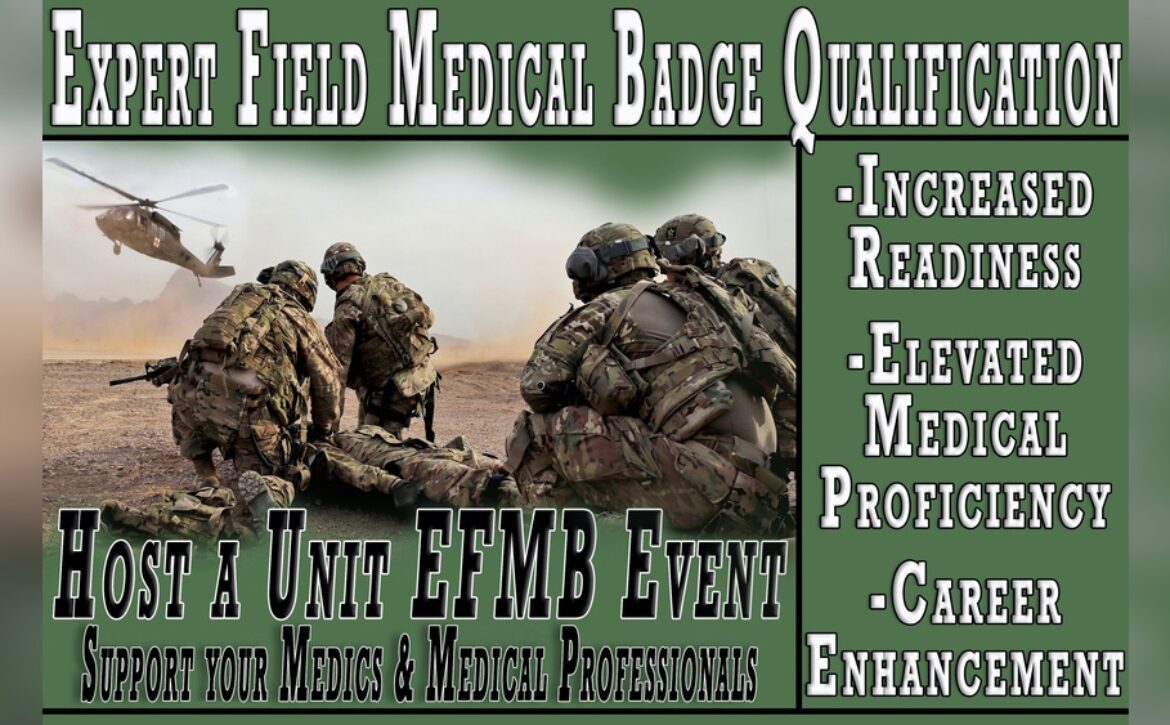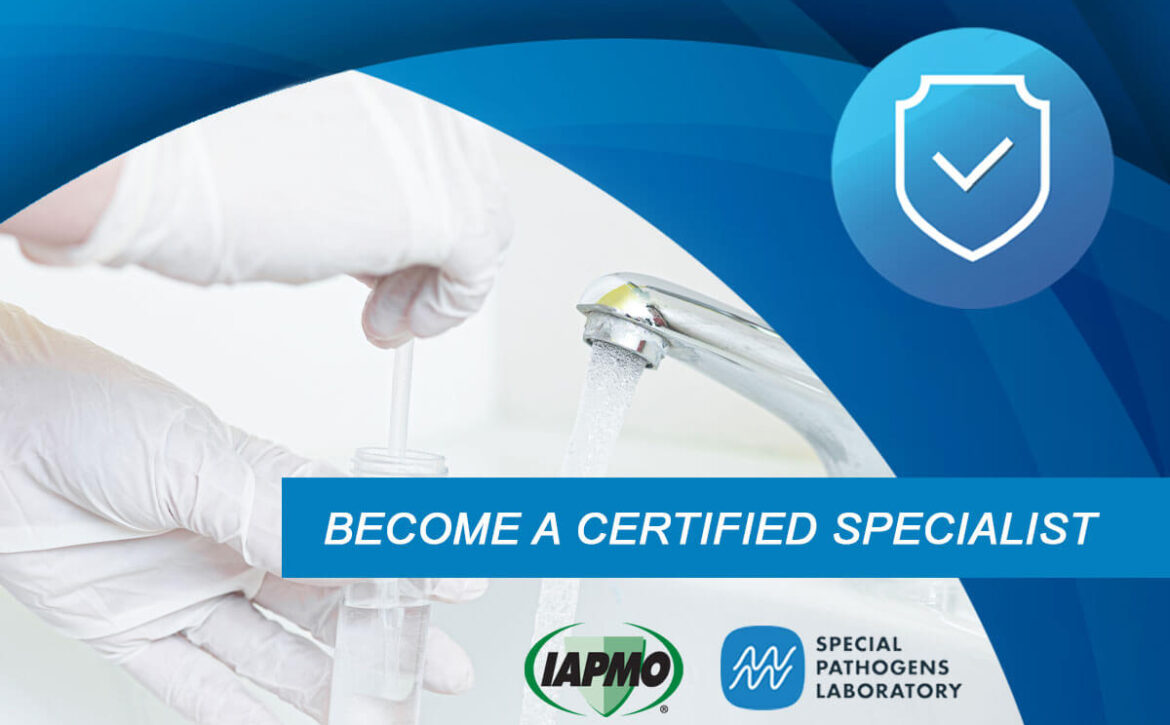
How to Become a Legionella Awareness Course Expert
Are you looking to expand your skills and make a real difference in public health? Understanding and preventing Legionnaires’ disease is more crucial than ever, and you can be at the forefront of this important field.
By becoming trained in Legionella and Legionnaires’ Disease Awareness, you not only enhance your professional qualifications but also play a pivotal role in safeguarding communities. This training opens doors to new opportunities and empowers you to contribute to a healthier environment.
Intrigued? Dive into this guide and discover how you can become a certified expert, making a meaningful impact while advancing your career.
Understanding Legionella
Understanding Legionella is crucial for anyone involved in water systems. This knowledge helps prevent outbreaks and ensures safety. Legionella bacteria can thrive in various environments. Learning about it can save lives and reduce health risks.
What Is Legionella?
Legionella is a type of bacteria found in water. It thrives in warm, stagnant water conditions. Cooling towers, hot tubs, and plumbing systems are common breeding grounds. Once airborne, it can be inhaled and cause health issues.
Health Risks Associated With Legionella
Legionella exposure can lead to Legionnaires’ disease. This is a severe form of pneumonia. Symptoms include cough, fever, and muscle aches. It can be life-threatening, especially for older adults and those with weak immune systems. Early detection and treatment are crucial for recovery.
Understanding the risks helps in preventing the disease. Regular training and awareness can significantly lower exposure chances. Proper maintenance of water systems reduces health risks.
The Importance Of Legionella Awareness
Legionella awareness is critical for public health and safety. Legionella bacteria can cause Legionnaires’ disease, a serious lung infection. Understanding the risks and prevention methods is essential. Proper training can help reduce outbreaks and save lives.
Prevention Of Legionnaires’ Disease
Legionnaires’ disease can be prevented with proper water system management. Regular cleaning and maintenance of water systems are crucial. Training teaches how to monitor water temperature and prevent bacteria growth. Knowing how to identify risk areas helps in taking early action.
Legal And Regulatory Requirements
Businesses must comply with health and safety regulations. Understanding these laws helps avoid legal issues. Training ensures you meet the necessary standards. This awareness protects both businesses and the public. Complying with regulations also builds trust with clients and customers.
Choosing The Right Course
Choosing the right course for Legionella and Legionnaires’ Disease awareness training can feel overwhelming. With so many options available, how do you pick the one that’s perfect for you? This decision can impact your understanding and ability to prevent this serious disease. Let’s break it down to help you make an informed choice.
Accreditation And Certification
Accreditation matters. It’s the stamp of approval that assures you the course meets industry standards. Check if the course is accredited by a recognized body. This ensures you’re learning accurate information from qualified experts.
Certification is your proof of competence. After completing the course, you should receive a certification. This document can be vital for your career and credibility. It shows that you have the knowledge to tackle Legionella risks effectively.
Think about the difference between a course with and without certification. Wouldn’t you feel more confident handling Legionella issues with a certified course under your belt?
Course Content Essentials
The heart of any good training is its content. The course should cover key topics like Legionella biology, risk assessment, and prevention strategies. Look for courses that are comprehensive yet easy to understand.
Practical examples are a must. A course that includes real-life scenarios can help you relate the theory to everyday situations. This makes learning more impactful and memorable.
Ask yourself: does the course provide hands-on training? Interactive sessions can enhance your learning experience, ensuring you’re not just absorbing information but truly understanding it.
Your choice will shape your ability to handle Legionella effectively. So, take your time, evaluate each option, and choose a course that empowers you with the knowledge and skills you need. What course content would make you feel prepared to face Legionella challenges head-on?
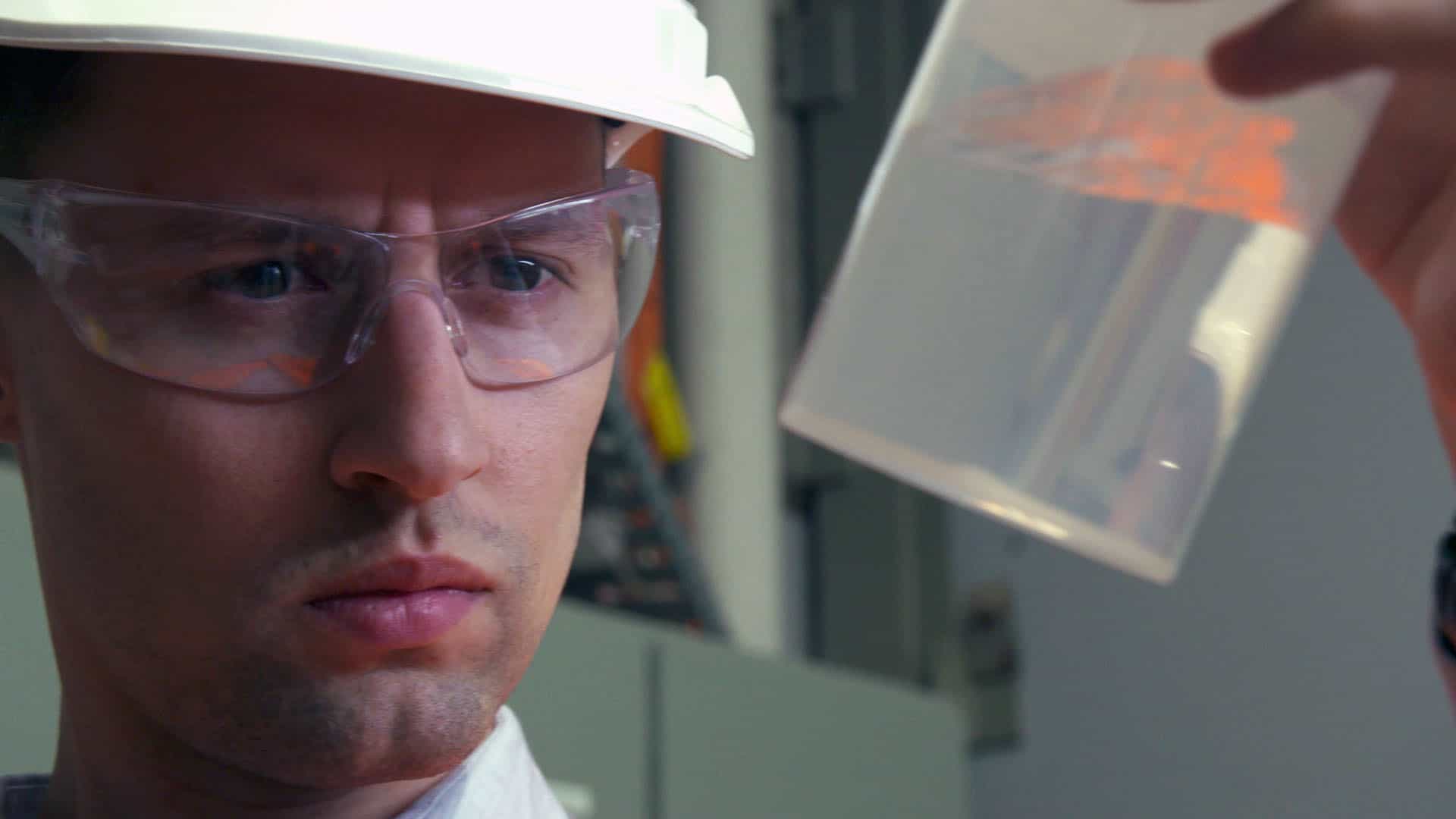
Skills For A Legionella Expert
Becoming a Legionella expert requires a unique set of skills that blend technical knowledge with practical abilities. Whether you’re looking to enhance your career or protect your community, mastering these skills can open doors to new opportunities. Imagine being the go-to person who can identify risks and implement solutions to prevent Legionnaires’ disease. Here’s how you can develop the essential skills to excel in this field.
Technical Knowledge
Technical knowledge is your foundation. Understanding the biology of Legionella bacteria is crucial. You need to know how they thrive and spread in water systems. This knowledge helps you pinpoint potential problem areas.
Familiarize yourself with current guidelines and regulations. They set the standards for managing Legionella risks effectively. Staying updated ensures you apply the best practices in your assessments.
Consider diving into case studies or historical outbreaks. They provide insights into real-world scenarios and solutions. Learning from past experiences can sharpen your technical skills.
Risk Assessment Abilities
Risk assessment is where you put your knowledge into action. Identifying and evaluating risks in various water systems is a critical skill. You need to spot vulnerabilities and assess the likelihood of Legionella growth.
Develop a keen eye for detail. It helps you notice subtle signs that others might miss. A slight change in temperature or water flow could indicate a risk.
Think about your problem-solving abilities. Can you create effective strategies to mitigate identified risks? Your ability to implement solutions is what sets you apart as an expert.
As you build your skills, ask yourself: How can I make a difference in preventing Legionnaires’ disease? Your expertise not only safeguards health but also builds trust within your community. Embrace the challenge and make a lasting impact.
Effective Training Methods
Training methods are vital in understanding Legionella and Legionnaires’ disease. Effective methods ensure participants grasp critical concepts. They help prevent outbreaks and improve public safety. Let’s explore training techniques that engage and inform.
Interactive Learning Techniques
Interactive learning boosts engagement and retention. It involves participants actively. Role-playing scenarios can mimic real-life situations. This enhances understanding of Legionella risk management.
Quizzes and group discussions foster collaboration and critical thinking. They allow learners to test their knowledge. Real-world case studies provide context and relevance. These techniques make learning memorable and practical.
Online Vs In-person Training
Online training offers flexibility and accessibility. Participants can learn at their own pace. It suits those with busy schedules. Interactive modules and webinars can enhance online learning.
In-person training provides hands-on experience. It allows for direct interaction with instructors. Participants can ask questions and get immediate feedback. Choosing between online and in-person depends on personal preferences and needs.
Gaining Practical Experience
Developing practical skills in Legionella awareness demands hands-on training. This course equips you with essential knowledge to identify risks and implement safety measures. Gain valuable insights into prevention techniques and compliance standards, ensuring a safe environment for everyone.
Gaining practical experience is essential for anyone interested in becoming proficient in Legionella and Legionnaires’ disease awareness. While theoretical knowledge forms the foundation, hands-on experience brings those concepts to life. Whether you’re just starting or looking to expand your expertise, engaging directly with the field can significantly enhance your understanding and effectiveness.
Internships And Field Work
Internships offer a unique chance to immerse yourself in real-world scenarios. They let you apply what you’ve learned in the classroom to actual situations. Working alongside experienced professionals, you’ll handle equipment, conduct tests, and analyze data. Fieldwork is another crucial component of gaining practical experience. It exposes you to diverse environments where Legionella might thrive. You might visit hospitals, water treatment plants, or cooling towers. Each site offers different challenges and learning opportunities. Imagine yourself collecting water samples in a bustling city hospital. You learn to navigate complex systems while ensuring safety and accuracy. These experiences build your skills and confidence, preparing you for a successful career.
Networking With Industry Professionals
Building connections with industry professionals can be a game-changer. Networking opens doors to mentorship, guidance, and new opportunities. Engage with professionals at conferences, seminars, or online forums. Consider joining relevant industry groups or associations. These communities can provide valuable insights and updates on the latest trends and technologies. They also offer a platform to ask questions and share your experiences. Have you ever thought about how a simple conversation could lead to a job offer or a collaborative project? Networking is not just about making contacts; it’s about building relationships that can support your growth and development. Pursuing practical experience in Legionella awareness training is both challenging and rewarding. Internships and networking are key steps in your journey. They equip you with the necessary skills and connections to excel in this field. Are you ready to take the leap and gain hands-on experience? Your future in Legionella awareness is waiting!
Staying Updated With Industry Trends
Staying updated with industry trends is crucial in Legionella awareness training. The field of Legionella and Legionnaires’ disease is ever-evolving. New research and safety standards emerge regularly. Staying informed ensures your skills and knowledge remain relevant. It also helps in delivering accurate information to others.
Continuous Professional Development
Continuous Professional Development (CPD) keeps your skills fresh. Engage in activities that enhance your expertise. Read industry journals and reports. They provide insights into the latest findings. Follow reputable sources online for updates. CPD can also involve online courses. Choose those that focus on new techniques and regulations.
Participating In Workshops And Seminars
Workshops and seminars are excellent learning platforms. They offer hands-on experience and direct interaction. Attending these events keeps you connected with peers. You can learn from others’ experiences. Seminars often feature expert speakers. They share valuable insights and future trends. Networking opportunities arise at these events too. Building connections can open doors to new information.
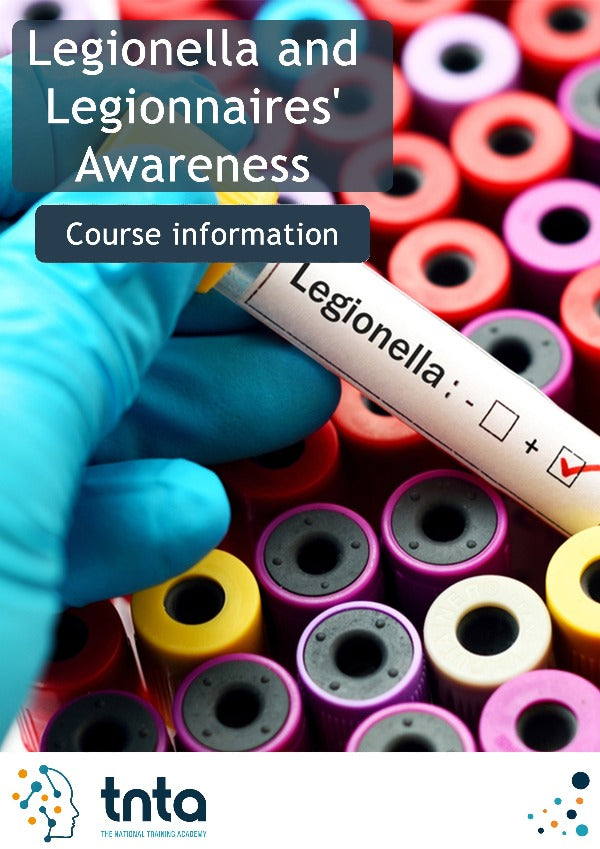
Leveraging Your Expertise
Gain essential skills to teach Legionella awareness. Learn to deliver courses on Legionnaires’ disease. Help others stay safe by understanding these important health topics. Build confidence in sharing knowledge effectively.
Leveraging your expertise in Legionella and Legionnaires’ disease awareness can transform careers. Understanding this field’s intricacies opens doors to diverse opportunities. Whether you’re a seasoned professional or new to this domain, gaining expertise can significantly enhance your career path. With specialized knowledge, you’ll be better equipped to provide advice and solutions, making you an invaluable asset in preventing Legionnaires’ disease outbreaks.
Consultancy Opportunities
Expertise in Legionella awareness can lead to consultancy roles. Companies seek experts to ensure compliance with health regulations. Consultants provide risk assessments and safety plans. These roles often come with flexible working arrangements. Consultants can work with various industries, from healthcare to hospitality. Each offers unique challenges and learning experiences. This flexibility allows you to tailor your career to your interests.
Building A Professional Reputation
Developing expertise also builds a strong professional reputation. Being known as a Legionella expert can boost your credibility. Colleagues and industry leaders will seek your insights and advice. Sharing knowledge through talks or articles further enhances your standing. Engage with professional communities to expand your network. Networking can lead to new opportunities and collaborations. A solid reputation opens doors to future career advancements.
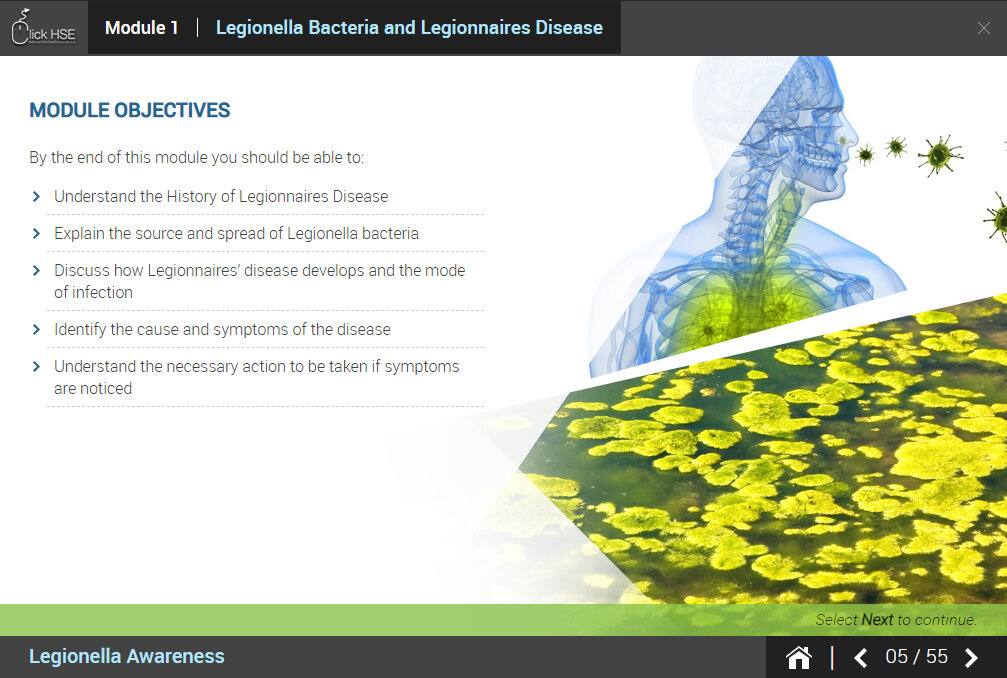
Frequently Asked Questions
What Is Legionella Awareness Training?
Legionella awareness training educates individuals on identifying and preventing Legionella bacteria risks. The course covers water system management and hygiene practices to minimize Legionnaires’ disease outbreaks. Understanding these protocols is crucial for maintaining safe environments in residential, commercial, and healthcare settings.
Why Is Legionnaires’ Disease Training Important?
Legionnaires’ disease training is vital for safeguarding public health. It equips participants with the knowledge to prevent Legionella bacteria contamination. Effective training reduces the risk of outbreaks, ensuring safety in water systems and compliance with health regulations.
Who Should Take Legionella Awareness Courses?
Facility managers, health and safety officers, and maintenance personnel should take Legionella awareness courses. These courses are essential for anyone responsible for managing water systems. Training ensures they understand how to prevent Legionella risks and maintain safe environments.
How Long Is Legionella Training Certification Valid?
Legionella training certification is typically valid for two to three years. Renewing the certification ensures updated knowledge on best practices. Staying informed about new regulations and technologies helps maintain effective Legionella prevention strategies.
Conclusion
Understanding Legionella is crucial for health and safety. This training course equips you with essential knowledge. Protect yourself and others by learning about the risks. Remember, awareness can prevent disease. Stay informed and stay safe. Courses like this empower communities.
They help in identifying and managing potential hazards. You gain confidence in dealing with Legionella risks. Knowledge shared here benefits everyone. You contribute to a safer environment. Take the step towards a healthier future. Educate yourself and spread awareness. Let’s make safety a priority for all.




